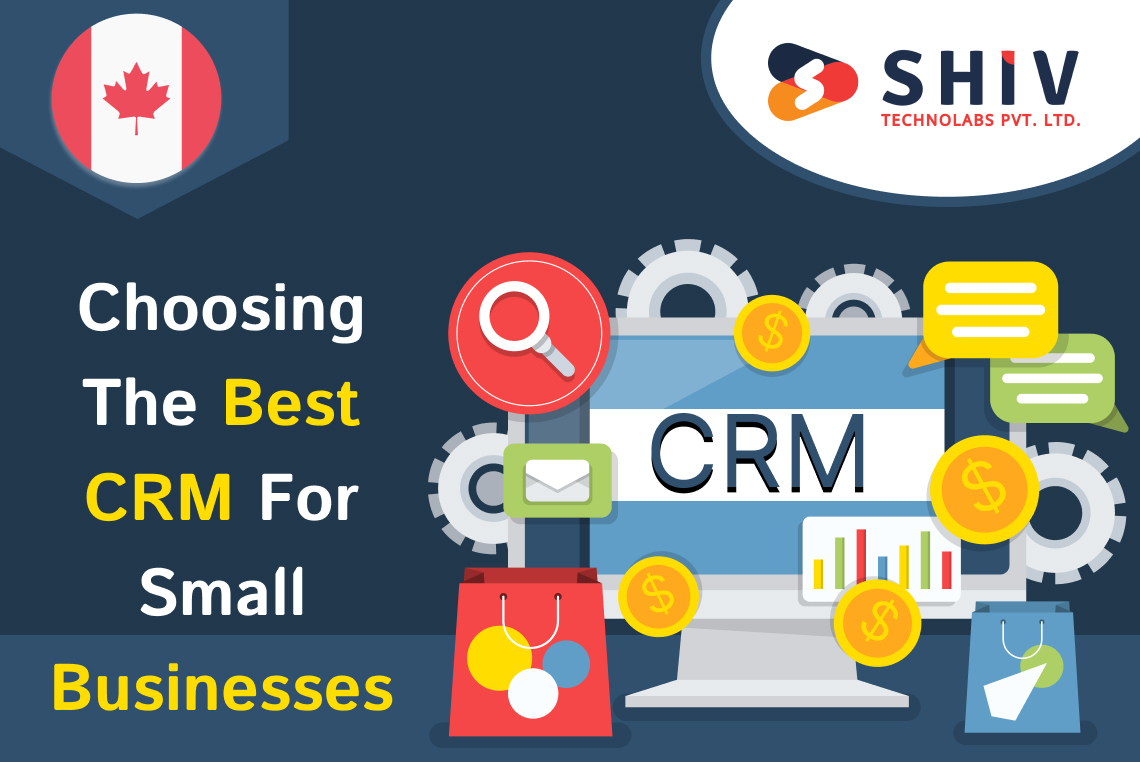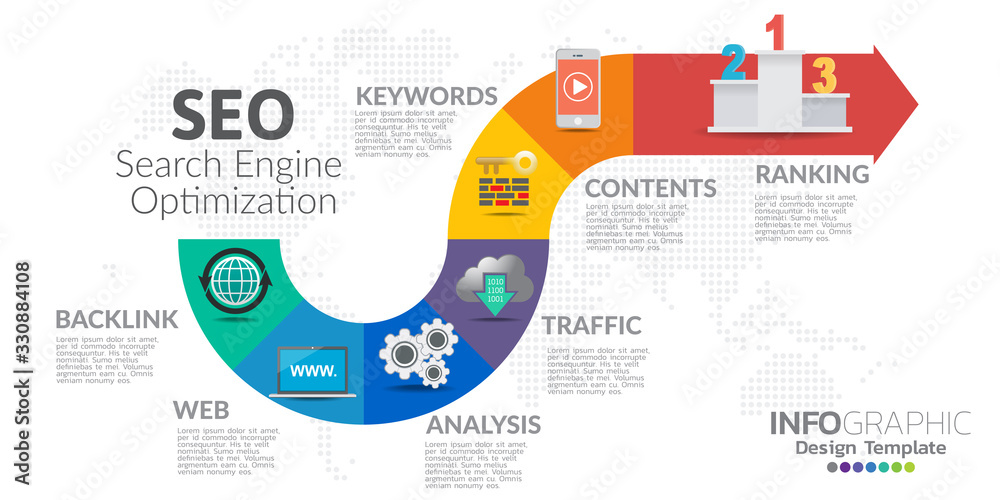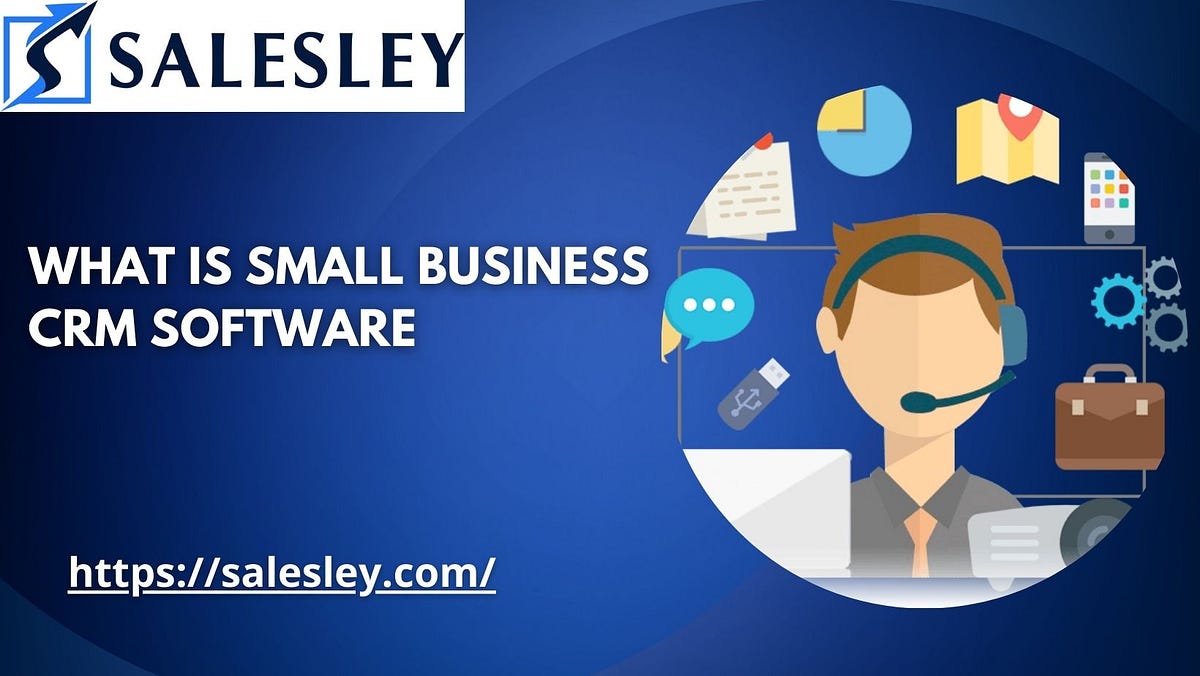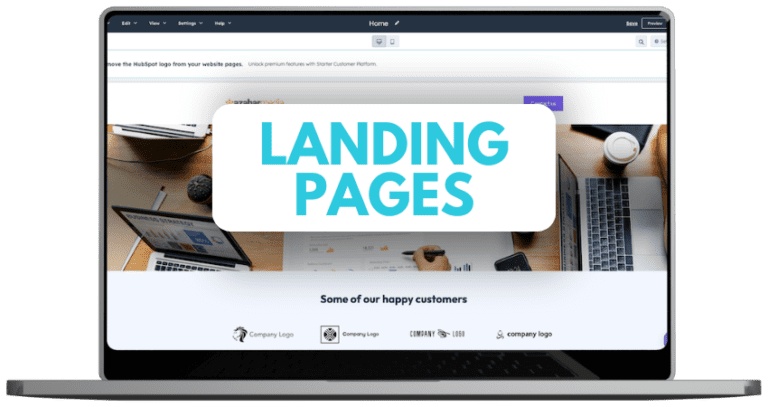Supercharge Your Workflow: Seamless CRM Integration with Notion
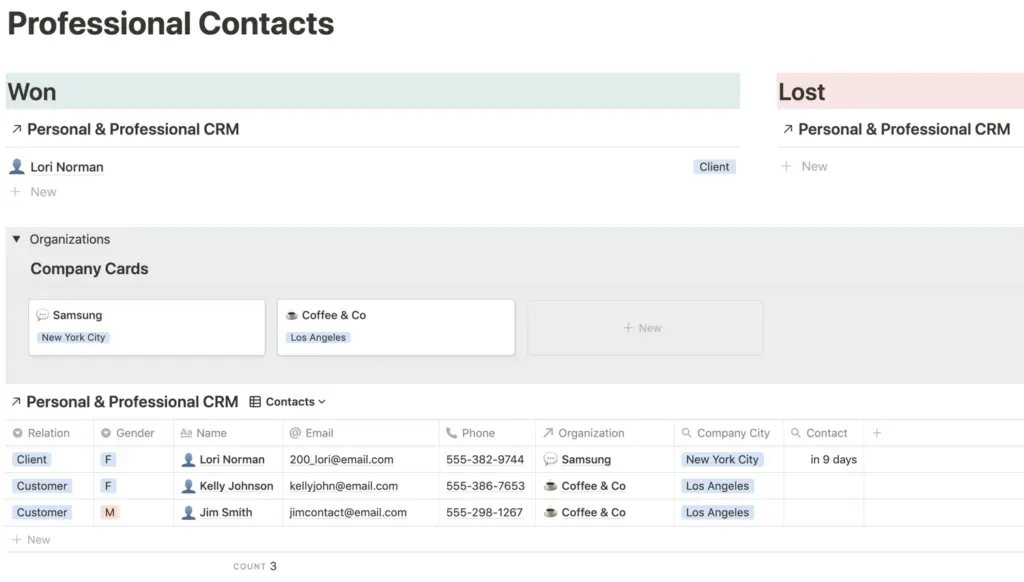
Supercharge Your Workflow: Seamless CRM Integration with Notion
In today’s fast-paced business environment, staying organized and efficient is paramount. Customer Relationship Management (CRM) systems are essential for managing interactions with current and potential customers. Notion, on the other hand, has emerged as a versatile all-in-one workspace, capable of handling everything from note-taking and project management to database creation. But what if you could combine the power of a CRM with the flexibility of Notion? That’s where CRM integration with Notion comes in, offering a powerful solution for streamlining your workflow and boosting productivity.
This comprehensive guide delves into the world of CRM integration with Notion, exploring its benefits, how to set it up, and real-world use cases. Whether you’re a small business owner, a freelancer, or part of a larger organization, this integration can revolutionize how you manage your customer relationships and overall operations.
Understanding CRM and Notion: A Quick Overview
What is CRM?
CRM, or Customer Relationship Management, is a technology that helps businesses manage their interactions with current and potential customers. It involves the use of systems and strategies to analyze customer interactions and data throughout the customer lifecycle, with the goal of improving business relationships, assisting in customer retention, and driving sales growth. CRM systems typically include features like contact management, sales automation, marketing automation, and customer service support. Popular CRM platforms include Salesforce, HubSpot, Zoho CRM, and Pipedrive.
What is Notion?
Notion is an all-in-one workspace that allows users to take notes, manage projects, create databases, and collaborate with others. It is highly customizable, allowing users to tailor their workspace to their specific needs. Notion’s flexibility comes from its block-based system, where users can add various types of content blocks, such as text, images, tables, databases, and more. This versatility makes Notion suitable for a wide range of applications, from personal organization to team project management.
Why Integrate CRM with Notion? The Benefits
Integrating your CRM with Notion offers a multitude of advantages that can significantly enhance your workflow and improve your business outcomes. Here are some key benefits:
- Centralized Information: Consolidate customer data from your CRM directly into Notion, providing a single source of truth for all customer-related information.
- Enhanced Collaboration: Share customer data and insights with your team members within Notion, facilitating better communication and collaboration.
- Improved Organization: Organize customer data in a way that suits your specific needs, using Notion’s customizable database features.
- Increased Efficiency: Automate tasks and streamline workflows by connecting your CRM and Notion, saving you time and effort.
- Better Decision-Making: Gain a comprehensive view of your customer data, enabling you to make more informed decisions.
- Personalized Customer Experiences: Leverage customer data within Notion to personalize your interactions and provide better customer service.
- Cost-Effectiveness: Leverage the power of Notion’s free or affordable plans to complement your CRM, potentially reducing costs associated with more expensive CRM features.
- Flexibility and Customization: Tailor your customer management system to your exact needs, using Notion’s versatile features to create a workspace that works for you.
How to Integrate Your CRM with Notion: Step-by-Step Guide
There are several ways to integrate your CRM with Notion, depending on the CRM platform you use and your technical expertise. Here’s a breakdown of the most common methods:
1. Using Native Integrations (If Available)
Some CRM platforms offer native integrations with Notion. Check your CRM’s app marketplace or integration settings to see if a direct integration is available. This is often the easiest and most straightforward method.
Steps (Example – If Available):
- Log in to your CRM account.
- Navigate to the integrations or app marketplace section.
- Search for “Notion” or “CRM integration.”
- Follow the on-screen instructions to connect your CRM and Notion accounts. This typically involves authorizing the integration and mapping data fields.
- Once connected, you should be able to sync data between your CRM and Notion.
2. Using Third-Party Integration Tools
If your CRM doesn’t have a native integration with Notion, you can use third-party integration tools. These tools act as a bridge between your CRM and Notion, allowing you to automate data transfer and workflows. Popular integration tools include:
- Zapier: A popular automation platform that connects thousands of apps, including most CRMs and Notion.
- Make (formerly Integromat): Another powerful automation platform with a visual interface for creating complex workflows.
- Automate.io: A user-friendly automation platform specifically designed for business applications.
Steps (Example – Using Zapier):
- Sign up for a Zapier account (or log in if you already have one).
- Click “Create Zap.”
- Choose your CRM as the trigger app (e.g., HubSpot, Salesforce, Pipedrive). Select the trigger event (e.g., “New Contact,” “Deal Won”).
- Connect your CRM account to Zapier.
- Choose Notion as the action app. Select the action event (e.g., “Create Database Item,” “Update Database Item”).
- Connect your Notion account to Zapier.
- Map the data fields from your CRM to the corresponding fields in your Notion database. For example, you can map “First Name” from your CRM to the “First Name” property in your Notion database.
- Test your Zap to ensure that data is being transferred correctly.
- Turn on your Zap to automate the data transfer.
3. Using APIs and Custom Integrations (Advanced)
For more advanced users, you can use the APIs of your CRM and Notion to create custom integrations. This provides the most flexibility and control but requires programming knowledge and technical expertise. You’ll need to write code to fetch data from your CRM, transform it, and push it to Notion’s API. This method is typically used when you need very specific data synchronization or complex workflows.
Steps (General Overview):
- Access your CRM’s API documentation and Notion’s API documentation.
- Choose a programming language (e.g., Python, JavaScript).
- Write code to authenticate with both APIs and fetch data from your CRM.
- Transform the data to match the format required by Notion.
- Use Notion’s API to create, update, or delete data in your Notion database.
- Schedule your script to run automatically (e.g., using a cron job or a task scheduler).
Setting Up Your Notion Workspace for CRM Integration
Once you’ve chosen your integration method, you’ll need to set up your Notion workspace to effectively utilize the CRM data. Here’s how to do it:
1. Create a Dedicated Database for CRM Data
Create a new database in Notion specifically for your CRM data. This could be a “Contacts” database, a “Deals” database, or a combination of both. Choose the database view that best suits your needs (e.g., table, board, calendar, gallery).
2. Define Database Properties
Add properties to your database to map the data fields from your CRM. Common properties include:
- Text: First Name, Last Name, Company Name, Email, Phone Number, Address.
- Select/Multi-Select: Lead Source, Industry, Stage (e.g., Lead, Qualified, Opportunity, Closed Won, Closed Lost).
- Date: Created Date, Last Contacted Date, Close Date.
- Number: Deal Value, Lifetime Value.
- URL: Website, CRM Link.
- Relation: Link to other databases in Notion (e.g., linking contacts to deals).
- Formula: Calculate values based on other properties.
Carefully consider which properties are most important for your team to see and work with within Notion.
3. Customize Database Views
Create different views of your database to suit different purposes. For example, you might create a “Contacts – Table View” for quickly viewing contact information, a “Deals – Kanban Board” for visualizing deal stages, and a “Sales Pipeline – Calendar View” for tracking deadlines.
4. Use Filters and Sorts
Utilize filters and sorts to organize your data and find specific information quickly. For example, you can filter your contacts database to show only leads from a specific source or sort deals by their close date.
5. Add Formulas and Rollups
Leverage Notion’s formula and rollup features to automate calculations and summarize data. For example, you can calculate the total value of deals in the “Closed Won” stage or display the total number of contacts associated with a specific company.
Real-World Use Cases of CRM Integration with Notion
Let’s explore some practical examples of how businesses and individuals are using CRM integration with Notion:
1. Sales Team Management
Scenario: A sales team uses HubSpot as their CRM. They integrate HubSpot with Notion to create a centralized sales hub.
- Notion Database: A “Deals” database that automatically syncs deals from HubSpot.
- Data Synced: Deal name, stage, value, close date, contact information, and associated tasks.
- Benefits: Sales reps can easily see all their deals, track their progress in a Kanban board, and access all relevant information in one place. They can also create meeting notes, track follow-ups, and collaborate on deals with other team members directly within Notion.
2. Marketing and Lead Management
Scenario: A marketing team uses Pipedrive to manage leads. They integrate Pipedrive with Notion to manage their lead pipeline and marketing campaigns.
- Notion Database: A “Leads” database that syncs leads from Pipedrive, and a “Campaigns” database to organize marketing activities.
- Data Synced: Lead name, email, lead source, lead status, campaign information, and associated tasks.
- Benefits: The marketing team can track lead progress, segment leads based on their source and status, and create targeted marketing campaigns. They can also use Notion to plan, execute, and track the performance of their campaigns.
3. Customer Support and Service
Scenario: A customer support team uses Zoho CRM to manage customer interactions. They integrate Zoho CRM with Notion to create a knowledge base and track customer issues.
- Notion Database: A “Customer Issues” database that syncs customer support tickets from Zoho CRM, and a “Knowledge Base” with articles and FAQs.
- Data Synced: Customer name, issue description, ticket status, and solution.
- Benefits: The support team can access customer information, track the status of support tickets, and collaborate on solutions. The knowledge base helps them provide quick and consistent answers to customer inquiries.
4. Freelancers and Solopreneurs
Scenario: A freelancer uses Pipedrive as their CRM to manage clients and projects. They integrate Pipedrive with Notion to manage their tasks, projects, and client information.
- Notion Database: A “Clients” database that syncs client information from Pipedrive, a “Projects” database to manage project details, and a “Tasks” database to track tasks and deadlines.
- Data Synced: Client name, contact information, project details, project status, and task assignments.
- Benefits: The freelancer can manage all their clients, projects, and tasks in one place, track their time, and stay organized. They can also easily access client information and project details when needed.
5. Project Management and Team Collaboration
Scenario: A project management team uses Salesforce as their CRM to manage client relationships. They integrate Salesforce with Notion to manage project tasks, deadlines, and team communication.
- Notion Database: A “Projects” database that syncs project details from Salesforce, a “Tasks” database to assign tasks and set deadlines, and a “Team” database to manage team members and their roles.
- Data Synced: Project name, client details, task assignments, deadlines, and communication logs.
- Benefits: The project team can collaborate on project tasks, track progress, and communicate effectively. They can also easily access client information and project details within Notion.
Tips and Best Practices for Successful CRM Integration with Notion
To get the most out of your CRM integration with Notion, consider these tips and best practices:
- Plan Your Integration: Before you start, carefully plan your integration by identifying your goals, data requirements, and desired workflows.
- Choose the Right Integration Method: Select the integration method that best suits your technical skills, budget, and CRM platform.
- Map Data Fields Carefully: Ensure that you map the correct data fields from your CRM to the corresponding properties in your Notion database.
- Test Your Integration Thoroughly: Test your integration to ensure that data is being transferred correctly and that your workflows are functioning as expected.
- Keep Your Data Clean and Organized: Regularly review and update your data in both your CRM and Notion to maintain data accuracy and consistency.
- Train Your Team: Provide training to your team members on how to use the integrated system and how to update the data.
- Automate as Much as Possible: Leverage automation tools to streamline your workflows and save time.
- Review and Refine Your Integration: Regularly review your integration and make adjustments as needed to improve its efficiency and effectiveness.
- Prioritize Security: Be mindful of data security and privacy. Use secure integration methods and protect sensitive data.
- Back Up Your Data: Regularly back up your data in both your CRM and Notion to protect against data loss.
Troubleshooting Common Issues
Here are some common issues you might encounter and how to troubleshoot them:
- Data Not Syncing: Double-check your integration settings, API keys, and data mapping. Make sure your triggers and actions are set up correctly. Check for any error messages in your integration tool.
- Incorrect Data: Review your data mapping and ensure that the correct data fields are being synced. Check for any data transformation errors.
- Slow Performance: Optimize your integration workflows to improve performance. Reduce the frequency of data syncs.
- Authorization Errors: Verify your API keys and account credentials. Make sure you have the necessary permissions.
- Rate Limits: Be aware of API rate limits. Space out your data syncs to avoid exceeding the limits.
The Future of CRM and Notion Integration
The integration of CRM systems with Notion is a growing trend, and its potential is continuously expanding. As both platforms evolve, we can expect to see even more seamless integrations and advanced features. Here are some potential future developments:
- Deeper Integrations: More native integrations and deeper connections between CRM platforms and Notion.
- AI-Powered Automation: AI-powered automation to automate tasks and personalize customer interactions.
- Enhanced Analytics: Advanced analytics and reporting features to provide deeper insights into customer data.
- More Customizable Workflows: Greater flexibility in customizing workflows and adapting the integration to specific business needs.
- Improved Data Security and Privacy: Enhanced security features to protect sensitive customer data.
Conclusion: Embrace the Power of Integrated CRM and Notion
Integrating your CRM with Notion is a game-changer for any business or individual looking to streamline their workflow, improve customer relationships, and boost productivity. By combining the power of a robust CRM system with the flexibility and customization of Notion, you can create a powerful workspace that meets your specific needs. Whether you’re a sales team, a marketing department, a customer support team, or a freelancer, this integration can help you stay organized, collaborate more effectively, and make more informed decisions.
Take the time to plan your integration, choose the right method, and set up your Notion workspace. With the right approach, you can unlock the full potential of this powerful combination and transform the way you work. So, embrace the power of integrated CRM and Notion and take your business to the next level!

